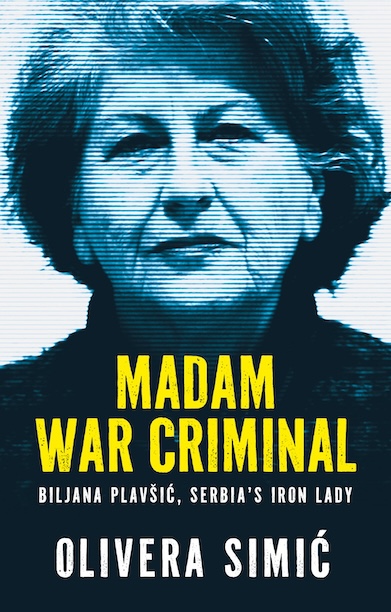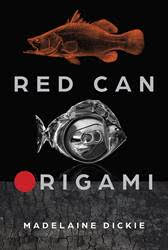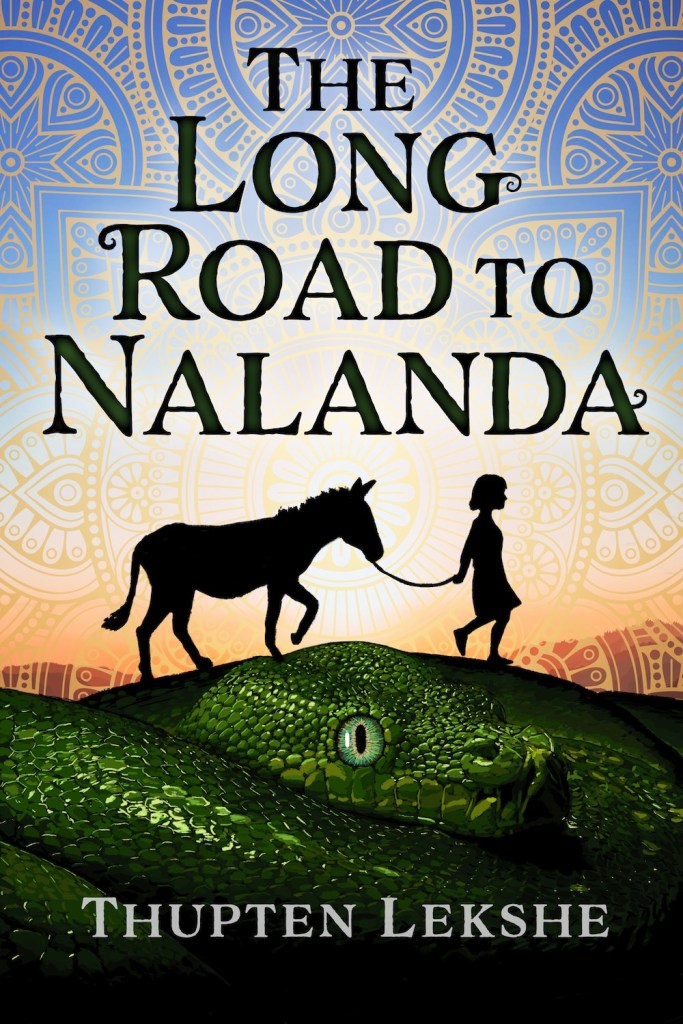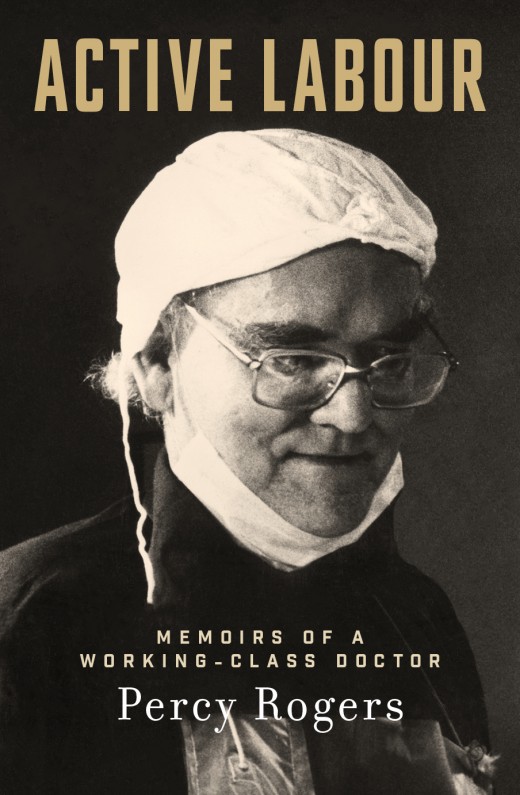Self-editing one’s own writing is an important step in the writing process, but it’s hard to be objective, and there comes a time when engaging a professional editor is worth the financial outlay. Although using an AI writing generator may suit some writing projects such as letters, social media posts, manuals and handbooks, there are drawbacks if your project is more creative or a product of your research, requiring human intelligence and understanding, something that only human editors can bring to the editing process. AI editing cannot draw on the intricacies of human experience, so there is the potential for misinterpretation of the content, especially if the themes/subject matter are sensitive or controversial.
This article attempts to explain the advantages of engaging a human editor. My personal experience as a (human) editor has been rewarding, mainly due to my preparedness to develop an in-depth understanding of each writing project that comes my way, which is reassuring for the writer. Here is some feedback from an author whose short story I edited recently.
Thank you once again, Denise.
I deeply appreciate your assistance, especially considering the deadlines you had to meet. Your ability to perceive the broader scope and identify potential for further development in my initial draft was invaluable. It allowed me to enrich my story, adding layers of depth and meaning. Your edits in the second draft were seamless, expertly meeting the word count limit without compromising the overall narrative. (Cigdem Serce, October, 2023)
Reputable and experienced editors of the written word have a demonstrable knowledge of language, words, expression, content development, grammar and writing styles. They share a common goal: to help writers of fiction and non-fiction, academics, business managers and thesis students improve the quality and structure of their writing in order to increase its potential in reaching their target readers, or impressing publishers, clients, peers and examiners. The advantage of being a human editor is the ability to gauge an author’s style and then maintain that style and unique voice throughout the editing process. AI systems cannot identify originality.
Non-fiction editing, including academic editing, is focussed on making sure there is clarity, a logical flow of information/arguments that support the idea or context, and that the structure and writing style are suitable for the readership and consistent throughout. Sometimes PhD candidates send me a few chapters at a time to provide a light edit and feedback in accordance with the guidelines for copy editing theses so they can review and return the thesis for a final proofread. It is satisfying to receive a positive response to my editing (human to human), such as this:
I have worked through most of the first six chapters and am so appreciative of the editing. The feedback is invaluable. This has helped to move forward. (PhD thesis, Karen Felstead, Lecturer in Literacy, School of Education, Federation University.)
Sometimes, after an initial discussion with a writer of fiction who is looking for an editor, I suggest a manuscript assessment before editing, which provides a full briefing of the strengths and weaknesses of the writing, with possible suggestions as to how the content, flow, point of view or character development could be improved. Publishers and literary agents often read a submitted manuscript and identify its potential, but feedback will be something like: promising but needs professional assessment and editing. At this point, after spending thousands of hours on a writing project, a writer can, understandably, feel a little despondent and deflated.
I am an experienced editor of most genres of fiction, including Young Adult, Literary, Contemporary, Women’s fiction, Mystery, Historical and Crime novels. I have also edited a broad range of non-fiction, including memoirs, biographies and academic books. Following a discussion with the author, and a glance through a sample of the writing to be edited, I will be able to establish more accurately the scope of editing required. Does it need a light or extensive edit?
There are two main editing categories, which are set out in more detail here:
Structural (developmental or substantive) editing is the most complex stage in the editing process and involves an in-depth critique of the flow/structure of the content. Sometimes I suggest re-arranging the content, especially if it is obvious that a more powerful introduction is buried a few pages down that would give the opening paragraph more ‘punch’. There may be a need to remove jargon, or point out verbose sentences that dilute the effectiveness of an argument in academic writing or the momentum that is building in a fictional plot. Sometimes it is apparent that an entire section of writing should be reduced or even removed to improve flow and avoid repetition of content. Gaps in content and inconsistency of voice and tone should be noted. Not all manuscripts/documents require a structural edit to reach a publishable standard. Established authors will most often submit written work that ‘only’ requires copy-editing.
Copy or line editing involves close scrutiny of the text, line by line: correcting any misuse of language, grammar and punctuation; checking spelling; making sure every sentence makes sense; checking for consistency of design, formatting and references (if any). Punctuation is often a bone of contention between author and editor. I have an uneasy relationship with semi-colons in fiction writing; for example, I can’t see their purpose in dialogue. And then there is the issue of whether to capitalise a word or not. Publishers have their own rules (style guide) when it comes to many aspects of writing, including punctuation and capitalisation. By the time I start reading the first page to be copyedited, I have already completed step one of the editing process, which is understanding the voice and writing style of the author. A definite advantage of being a human editor!
It is paramount that submissions to publishers and thesis examiners are of a high standard and as error-free as possible. And it’s foolish to be less diligent when self-publishing your writing. Grammar vigilantes are always on the lookout for something to criticise, whether it’s the wrong word choice or an ambiguous phrase. Again, AI generators cannot be relied upon to get it right.
Some writers rely on their publishers (or potential publishers) to undertake the editing on their behalf. I cringe for an author when I find errors in a publication that have not been picked up by time-poor publishing editors and proofreaders. For example, in a review (‘Standing up for a Pioneer Feminist’, The Age, 28 September 2019) of Kate Kirkpatrick’s ‘Becoming Beauvoir’, the last paragraph would have devastated the author:
Mores change with the times but eternal issues such as freedom and fidelity remain; all the more pity then that so compelling a book has been marred by shameful editing. Typos are numerous, many expressions anachronistic, and the suggestion that Beauvoir and Sartre went to St Petersburg at Christmas to “see the White Nights” an embarrassing howler.
Although the human editor failed in part, an AI generator would have also missed those anachronistic expressions and that howler.
I conclude with these wise words by Arthur Plotnik (distinguished author, journalist and editor; 1937—2020): “You write to communicate to the hearts and minds of others what’s burning inside you, and we edit to let the fire show through the smoke”.
Long live human editors who understand and identify the fire and originality in the writing before them, and edit to draw out that uniqueness expressed by the writer. I doubt AI editing will ever come close to understanding the human element of writing.
 For more information, please visit my Editing & Proofreading page.
For more information, please visit my Editing & Proofreading page.
If you are ready to have your writing edited, or you would like an assessment of your writing, whether it is a complete manuscript or a work-in-progress, then please email me on denise@denisemtaylor.com.au or via my contact page with a brief overview of your needs.
My editing is based on the Australian Style Manual (ASM) unless an author has been commissioned to write a book using the publishing house style guide. In particular, editing academic writing requires the editor to adhere to the preferred style and referencing of the university department or publisher.





